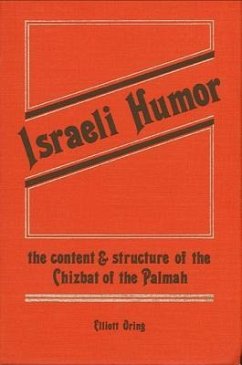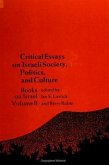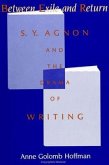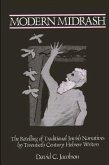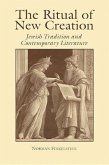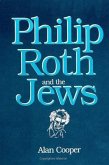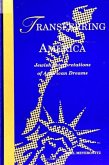Derived from the Arabic word for "lie," the word "chizbat" was chosen by members of the Palmah to designate the particular form of narrative joke exchanged by these volunteer defenders of Jewish settlements in Israel during the uncertain years 1941--48. Elliott Oring concentrates his attention on how the chizbat represents the expression of a distinctly Israeli identity and the disparate elements of this identity: sabra/European, Arab/Israeli, East/West. He shows how chizbat humor depends, not so much on novelty or punch line, as on displaying these incongruities of Israeli identity. Oring also discusses the sociocultural context in which the chizbat developed and examines how various theories of humor apply to understanding the chizbat. In an appendix invaluable for the folklorist, Oring has translated hundreds of chizbat into English. some are from written sources and others are verbal accounts he obtained during his months of research in Israel.
